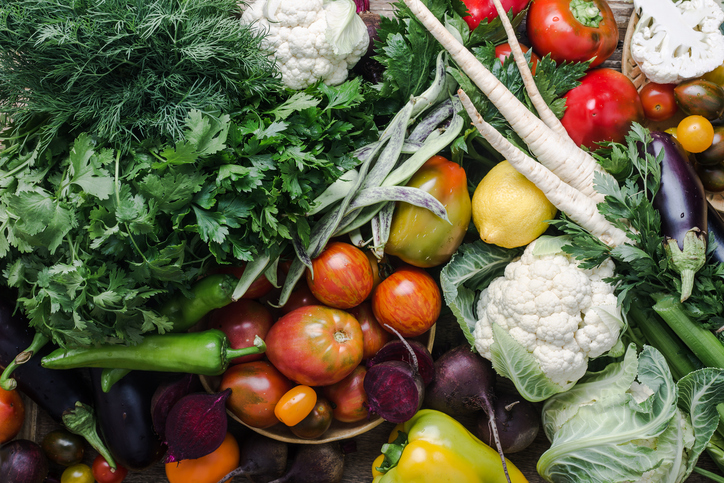
Let's face it - our ancestral taste buds were trained to crave sugary highly refined carbohydrates for survival and comfort. That's why big food companies pack their products with irresistible addictive carbs. For neighborhoods with limited grocery stores and easy access to fast food, staying nourished with whole foods is almost impossible.
But you have more power than you think! Small, sustainable plant-based habits can dramatically improve your family's nutrition and overall wellness. And by building these habits together as a community, we can reshape our food environment from the ground up.
The modern food environment, controlled by large corporations, exploits our ancient biology, which is hardwired for survival and resistant to rapid change. This results in many Americans, particularly those in underserved communities, being trapped in "food deserts" with limited access to healthy options. To reclaim nutritional control, we need to increase nutrition education, enforce policies against deceptive marketing, invest in affordable fresh foods for the underserved, and shift the focus from dieting to sustainable eating behaviors.
Reclaiming control over our nutrition and combating the influence of major corporations starts with you and the choices you make. By becoming more informed about basic nutrition principles and rejecting corporate propaganda, you can make healthier decisions for yourself, your family and vote to help others. Here are some ways you can reclaim your nutritional control and be part of the solution for a brighter future:
Get Growing
Whether a backyard garden, community plot or even pots of herbs - growing your own produce puts vitamin-rich fruits and veggies at your fingertips. Gardening gets kids engaged with where their food comes from too.
Cook Plant-Based Meals
Preparing more balanced plant-based meals at home allows you to control the ingredients. Stick to recipes using whole foods like beans, lentils, ancient grains, nuts/seeds and locally sourced seasonal produce. Get the whole friends and family involved!
Read Those Labels
Be a savvy shopper! Check nutrition labels for high amounts of added sugars, sodium, and unhealthy fats. Opt for items with short ingredient lists you can pronounce.
Celebrate Your Culture
Every ethnic cuisine has an array of nourishing, plant-based traditional dishes passed down for generations. Share these pride points with younger family and friends members.
Get Community Support
Check out local organizations such as the Jardín de la Salud Community Garden, Fresh Produce Distribution or Healthy Neighborhood Projects, a student-led programs for the community.
Further Your Education
Be part of the change. If you have a passion for food and nutrition and want to learn more about how to improve health globally, visit the Loma Linda University School of Public Health programs at publichealth.llu.edu/academics.
Ultimately, the journey to better community health is driven by our own personal habits. When we individually prioritize, healthy eating, we can reshape our neighborhoods into nourishing environments for all families and friends now and in the future.
This should not be misconstrued as medical advice. Seek medical advice from a physician. Dr. Warren Peters, associate professor and director of the Metabolic Obesity Research Clinic, was interviewed for this blog post.
Author: Summer Clark, MA

Physician Interviewed: Warren Peters, MD, MPH, FOMA

